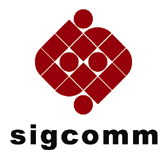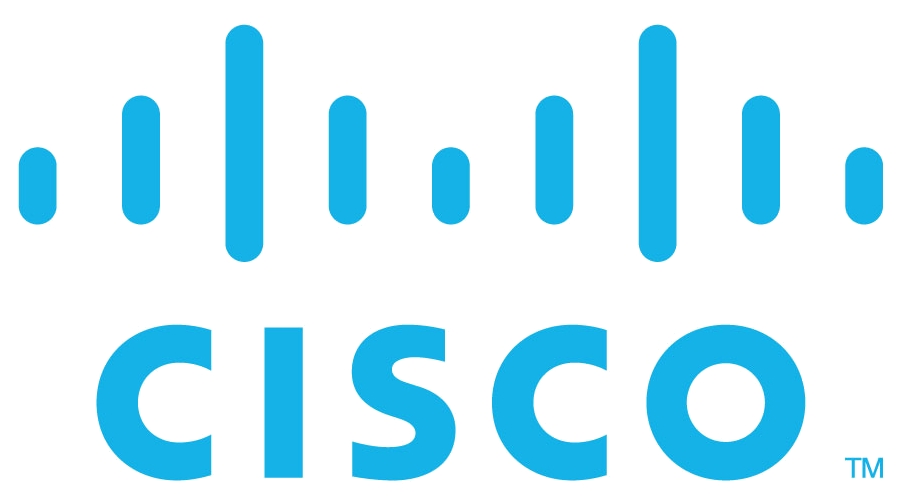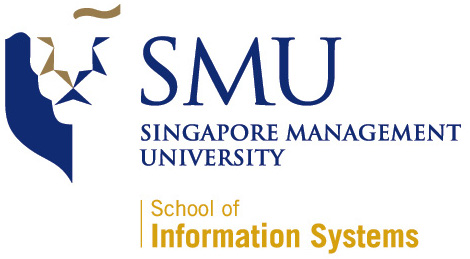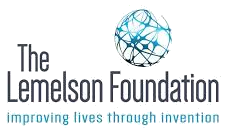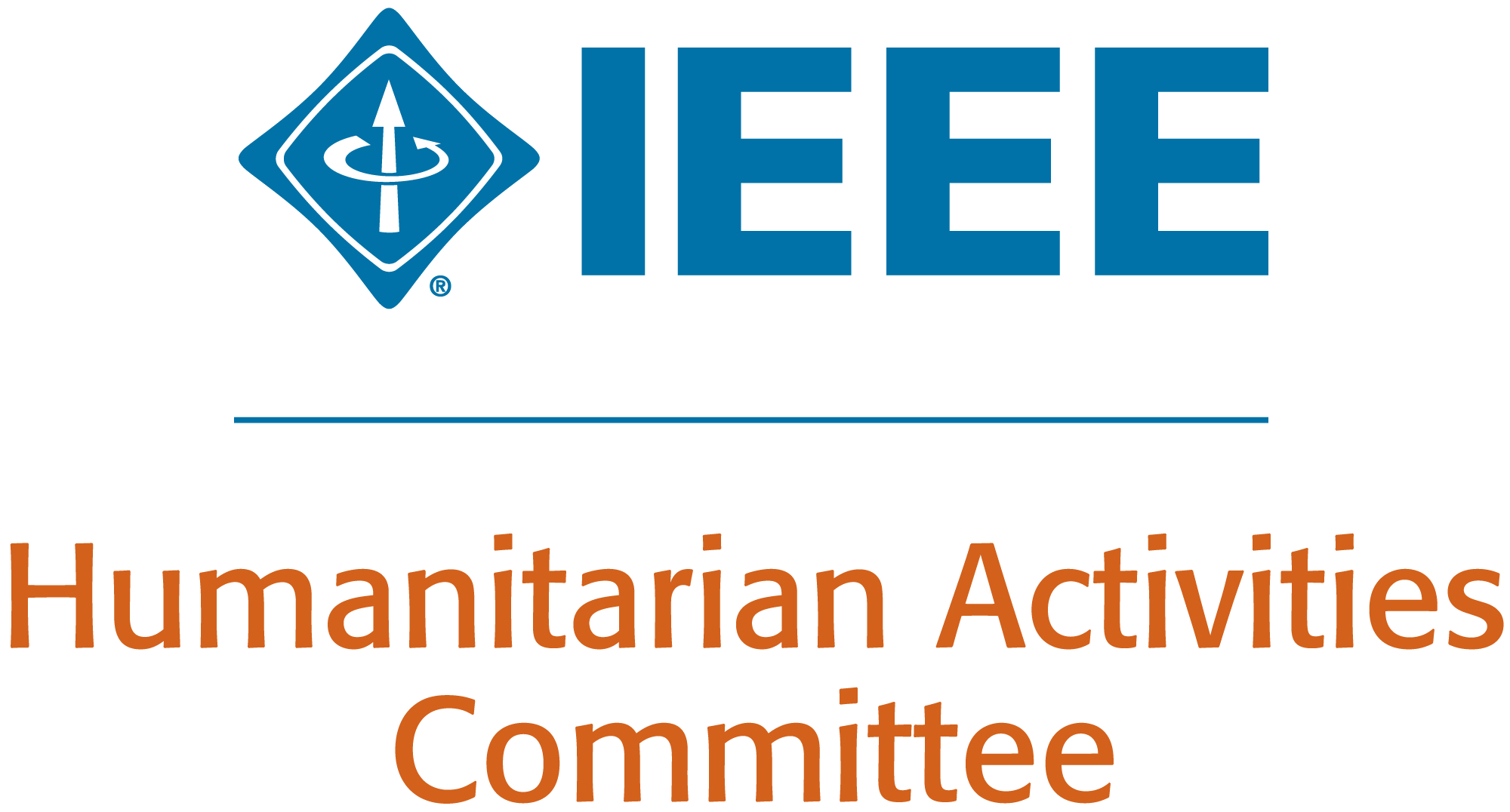Keynote Speakers
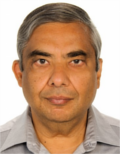
Abstract: This talk addresses the following question: Given a knowledge seeking society of N people, in which every person wants to increase knowledge and gains knowledge from personal efforts as well as interactions with higher-ability peers, how to organize them into k groups, each of size n, so that the overall knowledge gain is maximized? We show that under a realistic learning model, a stratified random strategy can provide provably optimal grouping for a certain class of reasonable gain functions in linearithmic time. We also present experimental results using real-life data that quantify the extent of gain over competing strategies and provide insight into the group structures generated. We conclude with some open problems and directions for future research.
Rakesh Agrawal is the President and Founder of the Data Insights Laboratories, San Jose, USA and a Visiting Professor and JSPS Fellow at the Kyoto University, Japan. He is a member of the National Academy of Engineering, both USA and India, a Fellow of ACM, and a Fellow of IEEE. He has been both an IBM Fellow and a Microsoft Fellow. He has also been the Rukmini Visiting Chair Professor at the Indian Institute of Science, Bangalore, India, and a Visiting Professor at EPFL, Lausanne, Switzerland. ACM SIGKDD awarded him its inaugural Innovations Award and ACM SIGMOD the Edgar F. Codd Award. He was named to the Scientific American’s First list of top 50 Scientists. Rakesh has been granted 85+ patents and published 200+ papers, including the 1st and 2nd highest cited in databases and data mining. Five of his papers have received “test-of-time” awards. His papers have received 100,000+ citations. His research formed the nucleus of IBM Intelligent Miner that led the creation of data mining as a new software category. Besides Intelligent Miner, several other commercial products incorporate his work, including IBM DB2 and WebSphere and Microsoft Bing.
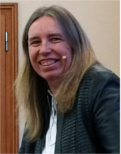
Abstract: While the Internet is a hugely successful, human made artifact that has changed the society fundamentally, it has become a complex system with many challenges. In this talk, I will outline some of them and also point out a number of surprises in terms of our mental models of the Internet that we develop over the years. Next, I will focus on the evolution of the Internet and discuss methods for detecting Internet infrastructure outages and combat major DDoS attacks. I will end with an outlook on how we may evolve the Internet to tackle the network management challenges as well as handle the flood of ubiquitous data availability from sensors and devices everywhere.
Prof. Feldmann studied computer science at Universität Paderborn and received her degree in 1990. She continued her studies at Carnegie Mellon University, where she earned her M.Sc. in 1991 and her Ph.D. in 1995. Following four years of postdoctoral work at AT&T Labs Research, she held faculty positions at Saarland University and Technical University Munich.
In 2006, she was appointed as professor of Internet Network Architectures for the Telekom Innovation Laboratories at the Technische Universität Berlin. Her research focused on Internet measurement, Teletraffic engineering, traffic characterization and debugging network performance issues. She has also conducted research into intrusion detection and network architecture. Her research was instrumental in the establishment of a rigorous science of Internet measurement.
Between 2009 and 2013, Prof. Feldmann was Dean of the Computer Science and Electrical Engineering department at the Technische Universität Berlin, Germany. In October 2017, she was appointed as director of the Max Planck Institute for Informatics, where her focus will be on researching the Internet architecture. She has served on more than 50 program committees, including as Co-Chair at ACM SIGCOMM, ACM IMC, and ACM HotNets. She is a member of the German Academy of Sciences Leopoldina, the BBAW, and the supervisory board of SAP SE. She is a recipient of the Gottfried Wilhelm Leibniz Preis 2011 and the Berliner Wissenschaftspreis 2011.
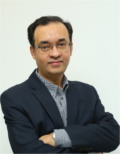
Abstract:In this talk I’ll first given an overview of how TCS Research is applying AI techniques, especially deep learning and deep reinforcement learning, in traditional enterprises across verticals, not only for automation of tasks but also amplification of human expertise. In particular I shall then focus on how AI and IOT are transforming manufacturing, by using deep-learning for detecting, diagnosing and sometimes predicting faults, as well for optimizing operations and managing robotic automation in complex industrial environments. Finally I’ll speculate on the direction in which IOT and robotics might evolve together: with humans in the loop, but perhaps managing “actions at a distance” in much the manner that telecom and data networks are managed globally today.
As Vice President and Chief Scientist in TCS, Dr. Shroff heads TCS Research reporting to the CTO of TCS. TCS Research
Prior to joining TCS in 1998, Dr. Shroff had been on the faculty of the California Institute of Technology, Pasadena, USA (1990 - 91) and thereafter of the Department of Computer Science and Engineering at Indian Institute of Technology, Delhi, India (1991 - 1997). He has also held visiting positions at NASA Ames Research Center in Mountain View, CA, and at Argonne National Labs in Chicago. In 1994 he was conferred the ‘Young Scientist Award from the Indian Department of Atomic Energy. Dr. Shroff has published over 60 research papers in the areas of computational mathematics, parallel computation, distributed systems, software architecture, software engineering, big data, information fusion, virtual reality as well as artificial intelligence including machine learning, deep learning, Bayesian inference and natural language processing. He has written two books “Enterprise Cloud Computing” published by Cambridge University Press, UK, in October 2010, and “The Intelligent Web”, published by Oxford University Press, UK, in 2013 (paperback ed. 2015).
In addition to corporate research and writing, in 2012 Dr. Shroff offered a massive open online course, or MOOC, titled “Web Intelligence and Big Data” in his capacity as an adjunct professor at IIT Delhi and IIIT Delhi.
Dr. Shroff is an active member of ACM and ACM-India, is a member of the ACM India Council, was the founding chair of the ACM-India SIG on Knowledge Discovery from Data (IKDD), which is also the India chapter of ACM SIGKDD; and was a member of the AI Task Force constituted in 2017 by the Ministry of Commerce & Industry in the Govt. of India.
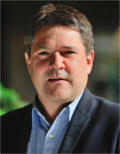
Abstract: The Internet of Things has received an almost exponential growth in attention across diverse ecosystems in the past 10 years. Technologies have been rapidly emerging and evolving from research to industrial adoption. Technologies are now readily available to build IoT solutions for diverse industrial, enterprise and consumer applications. In a sense, one could argue that we have the necessary technologies that we need to get going. However, what is still lacking are the practices and solutions that are needed to design, deploy and operate solutions at a scale that meet the expectations of the value proposition IoT offers to us all. This presentation will explain the issues at hand, how we have elected to approach some of them, and also propose remaining research challenges, as well an outlook to the future evolution of IoT.
Jan Höller is a Research Fellow at Ericsson Research where he is responsible for defining and driving the technology and research strategies, and also to contribute to the corporate strategies for the Internet of Things. He established Ericsson’s research activities on the Internet of Things over a decade ago, and has been contributing to several European Union research projects including SENSEI, IoT-i and Citypulse. Jan is a co-author of the book "Internet of Things: Technologies and Applications for a New Age of Intelligence" that was recently released in its 2nd edition. He has held various positions in Strategic Product Management, Technology Management and has, since he joined Ericsson Research in 1999, led different research activities and research groups. He has for a number of years served on the Board of Directors at the IPSO Alliance, the first IoT alliance formed back in 2008. Jan currently serves on the Board of Directors of the Open Mobile Alliance and is a co-chair of the Networking Task Group in the Industrial Internet Consortium. By origin, he is a physicist with an M.Sc. in Engineering Physics from Lund Institute of Technology, and doctoral studies in Mathematical Physics.




